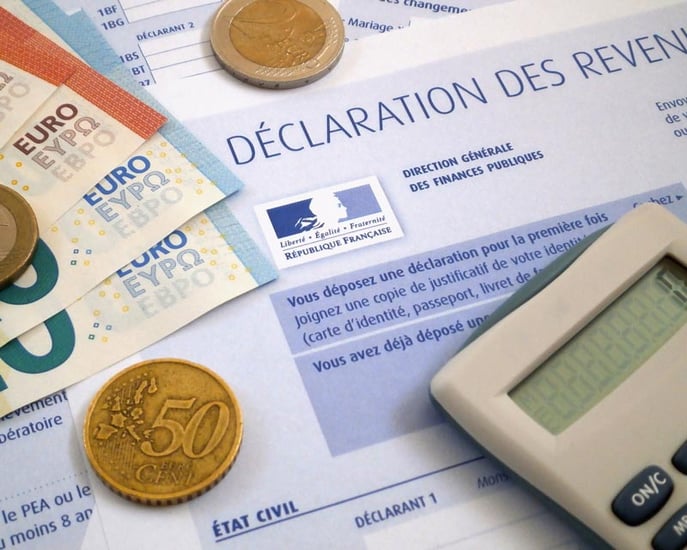Parlez-vous français? If you respond Oui, then you might be one of the 270 million French speakers living in the world today.
What is the most global language?
This is a tough question to answer. Mandarin Chinese has the most speakers in the world. Spanish follows well behind. English takes number three. English is considered to be the lingua franca (a language that is adopted as a common language between speakers whose native languages are different.)
What about French?
Currently, French is ranked sixth in world languages (behind Mandarin, English, Spanish, Hindi, and Arabic.) A case can definitely be made for French.
Here are some fast facts about French:
The official language in 29 countries The second most widely spoken mother tongue in the European Union one-fifth of non-French Europeans speak the language, and it is an official language of the United Nations, the European Union, NATO, the WTO, the International Olympic Committee, and the International Committee of the Red Cross
Beyond these fast facts is the French language’s global reach.
The Organisation Internationale de la Francophonie, or the Francophonie for short, is an international organization that represents countries and regions of the world where French is the mother tongue.
These countries also have a significant amount of French speakers, known as francophones, with a tie to French culture.
There are 57 member states of the Francophonie covering six of the seven continents.
While French might not be the language of the present-day, as it was in the past, it may be the language of the future. An article titled “Want To Know The Language Of The Future? The Data Suggests It Could Be…French” was featured in Forbes and USA Today. It cites a study done by Natixis, an investment bank. This study names French as the language of the future.
Currently, the breakdown of the francophone population is as follows: 40% Europe 35% Sub-Saharan Africa 15% North Africa and the Middle East 8% North and South America 1% Australia and Oceania This demonstrates a global presence. A lot of this influence stems from colonialism. French is taught in schools in African countries such as Mali, Guinea, Chad, and the Democratic Republic of Congo. These countries have a booming population that is expected to increase more over time.
French is a prominent second language in Africa. Due to the population growth there, Natixis’ study says that there could be 700 million speakers of French in the world by 2050! Modern French, established as we know it by great writers Corneille, Descartes, Malherbe, Pascal, and Racine in the 17th century is still an important global language.
As we see the growth of French on other continents besides Europe, we will need to examine how localization and the necessity of French translations will come into play to communicate with the changing, growing population of native French speakers.








